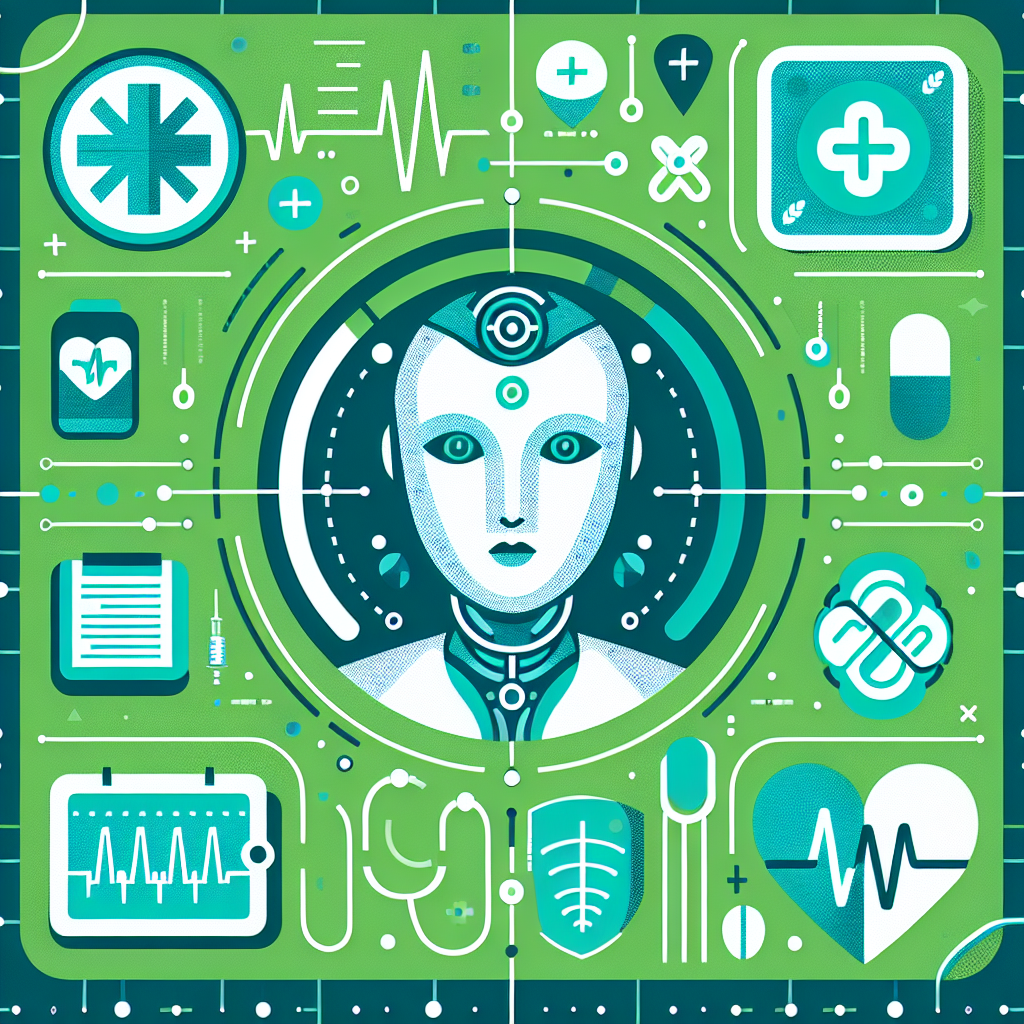Artificial Intelligence (AI) has the potential to revolutionize healthcare decision support systems, improving patient outcomes, reducing costs, and enhancing the overall quality of care. By leveraging AI technologies such as machine learning, natural language processing, and data analytics, healthcare providers can make more informed and timely decisions that are tailored to individual patient needs.
One of the key benefits of AI in healthcare decision support systems is its ability to analyze large volumes of data quickly and accurately. This can help healthcare providers identify patterns and trends that may not be apparent to human clinicians, leading to more accurate diagnoses and treatment plans. For example, AI-powered decision support systems can help radiologists analyze medical images more effectively, leading to faster and more accurate diagnoses of conditions such as cancer.
AI can also help healthcare providers improve patient outcomes by providing personalized treatment recommendations based on individual patient data. By analyzing a patient’s medical history, genetic information, and other relevant data, AI can help clinicians identify the most effective treatment options for each patient, leading to better outcomes and reduced side effects.
In addition to improving patient care, AI can also help healthcare providers reduce costs and improve efficiency. By automating routine tasks such as data entry and administrative work, AI can free up clinicians to focus on more complex and high-value activities. This can help healthcare organizations reduce costs, improve productivity, and provide better care to patients.
Despite these benefits, there are also challenges and concerns associated with the use of AI in healthcare decision support systems. One of the key challenges is ensuring the accuracy and reliability of AI algorithms. While AI has the potential to improve decision-making, it is essential to validate and test AI algorithms rigorously to ensure that they are providing accurate and reliable recommendations.
Another challenge is ensuring the privacy and security of patient data. AI decision support systems rely on large volumes of patient data to make accurate recommendations, and it is essential to ensure that this data is protected from unauthorized access and misuse. Healthcare providers must comply with strict regulations such as the Health Insurance Portability and Accountability Act (HIPAA) to safeguard patient data and ensure patient privacy.
To address these challenges, healthcare providers can take several steps to ensure the successful implementation of AI in decision support systems. This includes investing in robust data governance and security measures, collaborating with AI experts and data scientists, and providing training and education to clinicians on how to use AI technologies effectively.
In conclusion, AI has the potential to transform healthcare decision support systems, improving patient outcomes, reducing costs, and enhancing the overall quality of care. By leveraging AI technologies such as machine learning and natural language processing, healthcare providers can make more informed and timely decisions that are tailored to individual patient needs. While there are challenges associated with the use of AI in healthcare decision support systems, with proper planning and implementation, AI has the potential to revolutionize healthcare delivery and improve patient care.
FAQs:
Q: What are some examples of AI-powered healthcare decision support systems?
A: Some examples of AI-powered healthcare decision support systems include IBM Watson Health, Google Health, and GE Healthcare’s Centricity Practice Solution. These systems use AI technologies such as machine learning and natural language processing to analyze data and provide recommendations to healthcare providers.
Q: How can AI improve patient outcomes in healthcare decision support systems?
A: AI can improve patient outcomes by providing personalized treatment recommendations based on individual patient data. By analyzing a patient’s medical history, genetic information, and other relevant data, AI can help clinicians identify the most effective treatment options for each patient, leading to better outcomes and reduced side effects.
Q: What are some of the challenges associated with the use of AI in healthcare decision support systems?
A: Some of the challenges associated with the use of AI in healthcare decision support systems include ensuring the accuracy and reliability of AI algorithms, protecting patient data privacy and security, and providing training and education to clinicians on how to use AI technologies effectively.
Q: How can healthcare providers address the challenges of implementing AI in decision support systems?
A: Healthcare providers can address the challenges of implementing AI in decision support systems by investing in robust data governance and security measures, collaborating with AI experts and data scientists, and providing training and education to clinicians on how to use AI technologies effectively.

